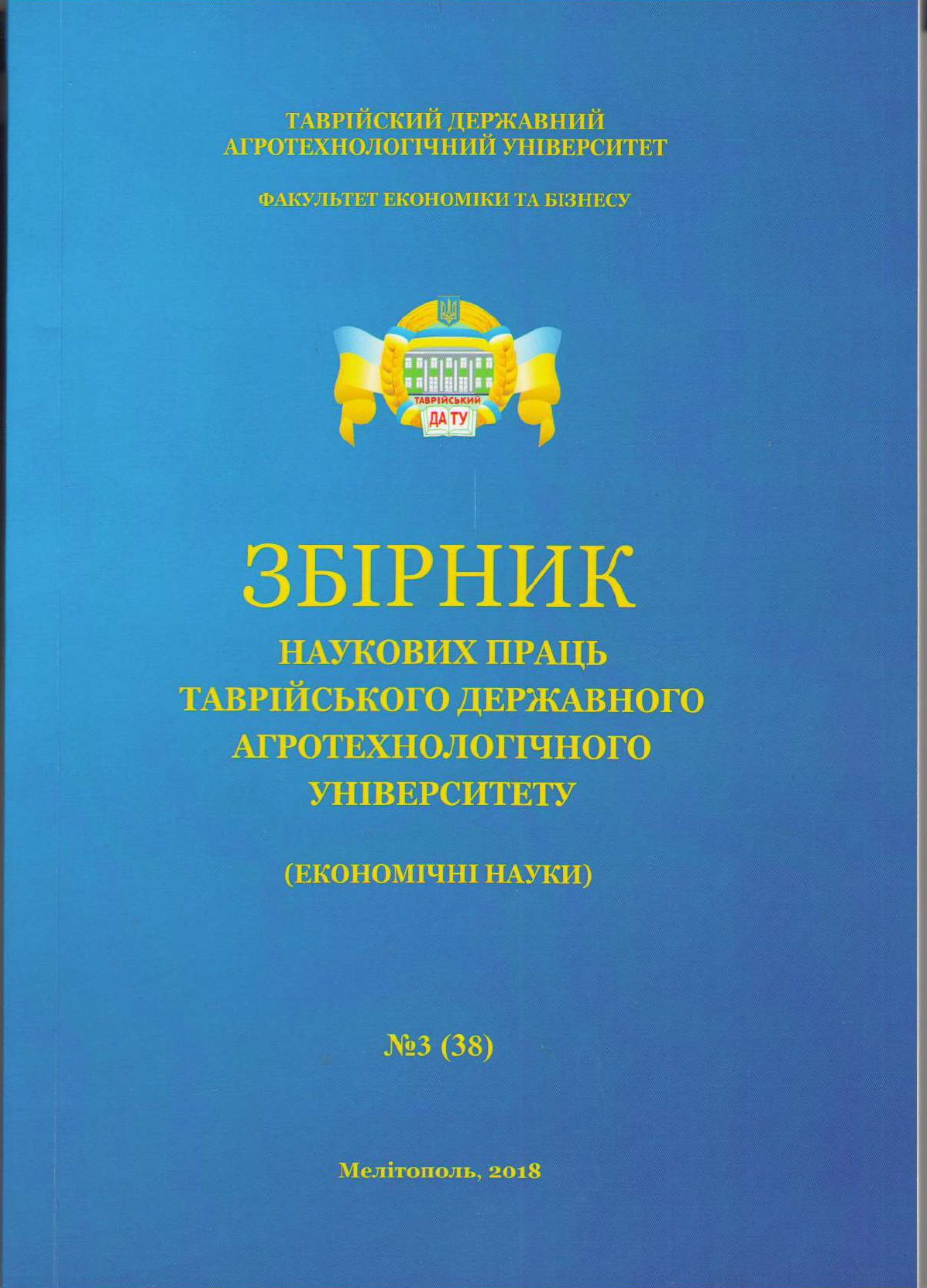ТЕОРЕТИЧНІ АСПЕКТИ КОРПОРАТИВНОЇ КУЛЬТУРИ В ОРГАНІЗАЦІЇ
Анотація
Анотація. У роботі досліджено теоретичні підходи до аспектів управління корпоративною культурою, узагальнено теоретичні уявлення вітчизняних і зарубіжних вчених про сутність даного поняття. Проаналізовано існуючі підходи до трактування поняття «корпоративна культура». Визначено особливості вітчизняних підходів до поняття "корпоративна культура".
Посилання
Гресь Є. Ю. Особливості формування корпоративної культури на підприємстві / Гресь Є. Ю., Язвінська Н. В. // Актуальні проблеми економіки та управління : збірник наукових праць молодих вчених. – 2014. – Вип. 8.
Иванова, Т.Б. Корпоративная культура и эффективность предприятия: [монография] / Т.Б.Иванова, Е.А. Журавлё-ва. – М. : РУДН, 2011. – 152 с.
Иванова, С. В. Организационная культура: традиции и современность [Текст]: учеб. / С. В. Иванова // Управление персоналом. – 2012. – № 4. – С. 97.
Красовский Ю.Д. Социокультурные основы управления бизнес-организацией: учеб.пособие / Ю.Д.Красовський.-2007.- М.: ЮНИТИ-ДАНА.
Леонтьев Д.А. Ценностные представления в индивидуальном и групповом сознании: виды, детерминанты и изменения во времени / Д.А.Леонтьев// Психологическое обозрение.- 1998.-№ 1.- С. 47-51.
Митина Н.Н. Ценностная компонента организационной культуры на примере It-компании/ Н.Н.Митина //Современная экономика: проблемы и решения.-2016.-№8(80).- С.46-54.
Могутнова Н .Н. Корпоративная культура: понятия, подходы / Н.Н. Могутнова// Социологические исследования. – 2005. – №4. – С. 130–136.
Одегов Ю.Г. Организационная культура: основные аспекты и структура / Ю.Г.Одегов ,Г.Г.Руденко // Управление корпоративной культурой.-2009.-№4.-С.246-257.
Сбитнев А. Структура и мотивы формирования корпоративной культуры / А.Сбитнев //Менеджмент и менеджер. –К., 2007. –№9. –С. 9-19.
Спивак В. А. Корпоративная культура / В. А. Спивак. - СПб.: Питер, 2001. – 352 с.
Тарасова О.В. Корпоративна культура як інструмент ефективного менеджменту підприємства / О.В. Тарасова, С.С. Марінова // Економіка харчової промисловості. – 2013. – №3. – С. 28–32.
Чернявський А. Д. Корпоративне управління [Текст]: навч. посіб./ А.Д.Чернявський – МАУП, 2007. – 208 с.
Чернишова А.О. Деякі аспекти корпоративної культури організації / А. О. Чернишова, Т. А. Немченко // Наукові праці Кіровоградського національного технічного університету. Економічні науки. - 2010. - Вип. 17. - С. 328-330.
Хаєт Г.Л. Корпоративна культура: Навч. посібник/Г.Л.Хаєт, О.Л.Єськов, С.В.Ковалевський. –К.: Центр навчальної лі-тератури, 2003. –403с.
Шейн Э. Организационная культура и лидерство: учебник для слушателей, обучающихся по программам «Мастер делового администрирования»: пер. с англ. / Э. Шейн ; под ред. Т. Ю. Ковалевой. - СПб.: Питер, 2007. – 336 с.
Dile, T. Corporate cultures/ Dile T., Kennedy A.//Reading, MA: Addison-Wesleys, 1982.-204 р.
Shein E.H. Organizational Culture/ Shein E.H. // American psychologist. -1990.- Vol. 45(1).- P. 109–119.
Smircich, L. Concepts o Culture and organizational analyses /L.Smircich // Administrative Science Quarterly.-1983.- №28-Р.339-358.
Ouchi, W.G. Theory «Z»: How American business can meet the Japanese challenge/ Ouchi, W.G. – Reading, MA: Addi-son-Wesley, 1981. – P. 45.

